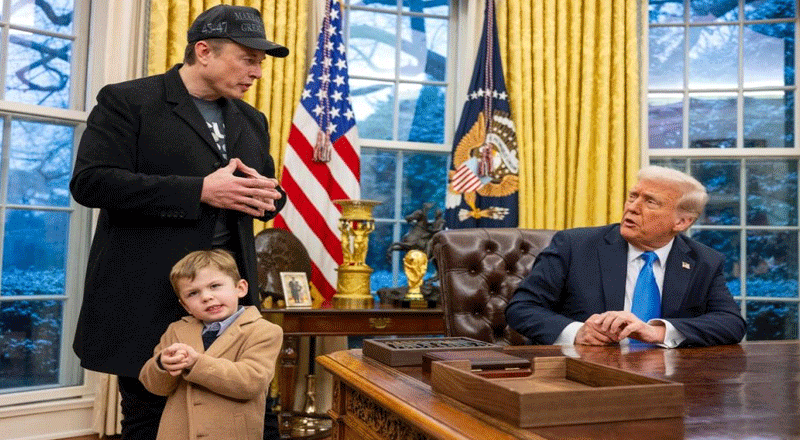With the collapse of the US’ Silicon Valley Bank (SVB), speculations are rife that its fallout would result in a long funding winter for the Indian start-ups. Indian tech startups are playing an important role in New India, whose stability dependent on easy availability of capital and funding from investors on time.
Many start-ups at their early and mid-level have been funded by the SVB’s incubation fund like Y-Combinator. During its nascent stage, Paytm was funded by the SVB, although the company’s founder Vijay Sekhar Sharma recently clarified that presently the SVB holds no stakes in the Indian fintech.
It is in the above context that Aditya Shah, founder and Chief Investment Officer, JST Investment spoke to Zee Media on how and if the collapse Of Silicon Valley Bank would Impact Indian Start-ups And Banking System
“The Silicon Valley Bank (SVB) was an incubator to tech start-ups, like Paytm and many more”, said Aditya Shah, founder of JFK Investment. He further said the funding for the Indian tech start-ups was already getting difficult as interest rates moved up from 0 per cent to 5 per cent in the United States and it would continue to be so in the coming days with the collapse of the SVB.
People in the tech start-up industry are speculating that the Indian businesses, which are in their early and mid-level stage, will not survive this shock and wouldn’t get funding in the future.
Allying such fears, Shah emphasied that if new entrepreneurs pitch good ideas to investors, they will get funding. “Not every startup will get money but only a few selected ones,” he added.
He also cautioned that start-ups at their early and mid-level might face a liquidity crunch and some of them might get wiped out.
Indian banking system, Shah said, has nothing to do with the American banking system. “US banking system has had all these failures and their government will have to bail out this bank,” he adds.
However, Indian economy as a whole, he said, has a very strong footing. “RBI has made several changes since the failure of Yes Bank and PMC Bank”
As Fed had been hiking the interest rates to rein in inflation in the United States, it decreased the morale and risk appetite of investors. They started to pull out money from the US bank to meet their
liquidity needs. This caused the SVB to look out for other ways to meet the sudden liquidity demand from its clients.
Hence, the bank sold its bond portfolio, mostly of US treasuries, in loss. Soon it announced a sale of $2.25 billion in common equity and preferred convertible stocks to fill its funding gap, triggering investors to sell out shares. This led to a drastic fall in prices, losing over 60-70 per cent of value in a session.
Finally, the Federal Deposit Insurance Corporation (FDIC) announced that the SVB was shutdown and placed under its receivership. The FDIC added that it would seek to sell the SVB’s assets, and that future dividend payments might be made to uninsured depositors.
Two days after the collapse of the Silicon Valley Bank and its shutdown by the US authorities, another US lender, Signature Bank was shut down on Sunday by the Federal Deposit Insurance Corporation (FDIC), making it third-largest failure in US banking history.
According to the reports, the impact of the bank’s collapse will fall directly on real estate business and professional service firms as they were the major client of the bank. Over 27% deposit in the bank came from crypto companies the relation the bank had tried to sever after the FTX crisis, however, it failed to do it.





